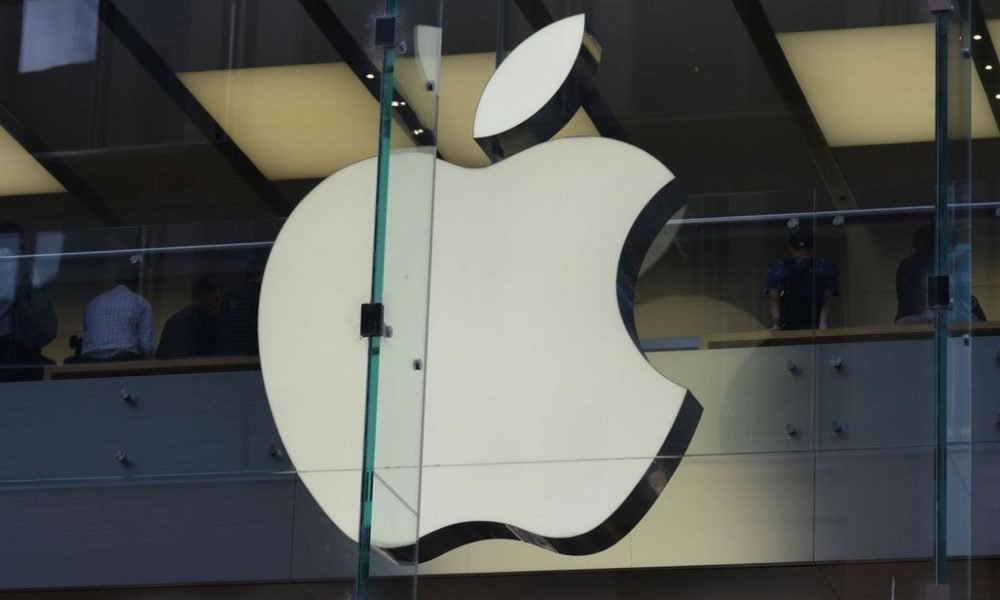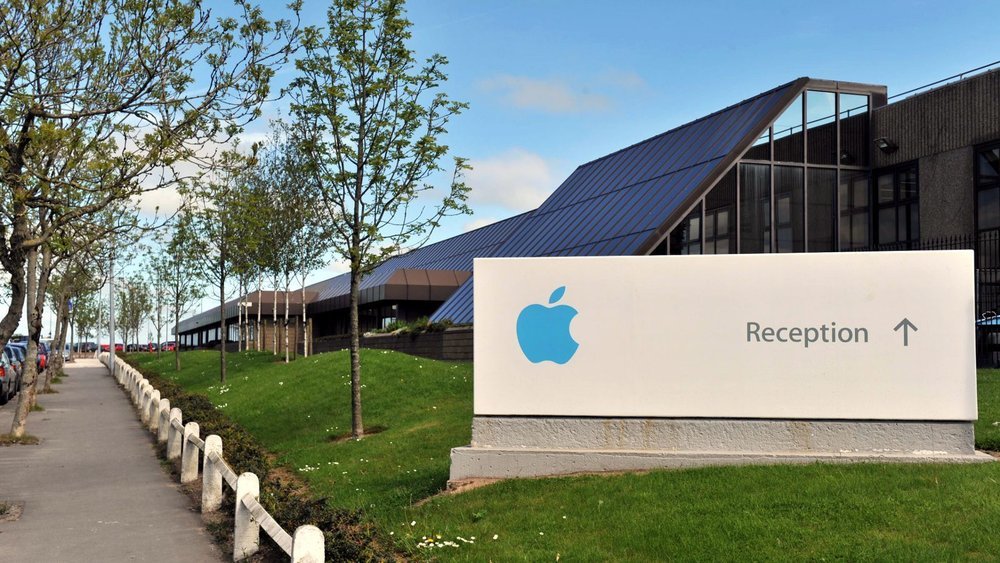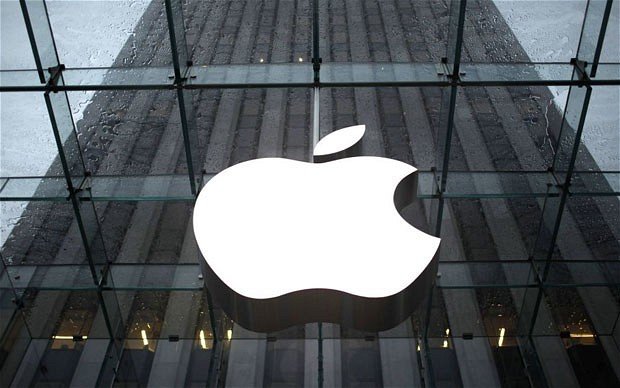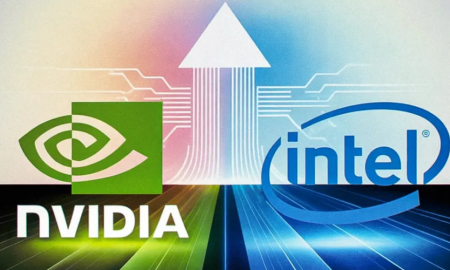
Ireland: EC to Enforce $16 Billion Tax from Apple

Ireland set to take the verdict in good faith
It’s been a long time coming and now the clock is ticking for the giant tech brand, Apple, to remit its taxes. The company must pay taxes that worth €13 billion, or somewhere close to $16 billion, which was included in one of its kind verdict given on tax in August of 2016.
According to Margrethe Vestager, the leader of European Commission, Apple is a company that had gotten distinguished reception in Ireland which resulted in reducing its cost of tax, a cut estimated to have reached billions, from 2003 to 2014.

The issue at hand made it clear for Vestager that the works of the EC is far from being over
Ireland announced last Tuesday that it’s ready to give the right punishment, even though observers believe that there are possibilities that the tech giant will still recoup its financial loss back. The two entities, Ireland and Apple, are pleading, and from every indication, the procedure may possibly start in the coming fall, as announced by Paschal Donohoe, the Minister for Finance in Ireland last Tuesday. However, the minister essentially expressed his displeasure with the judgement, but he said the country will accept it nonetheless.
Back in 2016, Tim Cook, the chief executive officer of Apple, wrote in one note published then that the company found itself locked in an uncommon circumstance where it’s being commanded to remit extra taxes retrospectively to an administration that previously declared the company debt free since it didn’t owe such government beyond what it already remitted.
Meanwhile, says Donohoe, the funds will be in the custody of a security account. Apple has agreed to begin its payments by the current quarter, while every portion of the money will be saved into the security account when the 3rd quarter comes to a close. Extra interests will also be estimated when the initial €13 billion has been received.
In the view of observers, Apple need not be worried or jittery because of the tax, although the amount is big. The company said that it had even already prepared the cash separately, and it still owns in its possession a sum of $285.2 billion in physical currency and sellable bonds, based on its most recent reports detailing its profits.

It all began in 2016 and continued through to this year, but it seems that right now, Ireland has no choice than to comply
Flashback to 2016 and 2017
The journey into this tax controversy began in 2016 when the custodian rivalry for the European Union, the European Commission, came down hard on Ireland for its avoidance of taking taxes from Apple. EC filed a lawsuit against Ireland for its refusal to receive billions of euros that served as overdue taxes from this tech and gadget producer which were viewed as unlawful support to the state.
Vestager commanded the country to take back close to €13 billion in overdue taxes in the hands of Apple in 2016 August, and she gave an ultimatum of 3rd January, 2017 as the deadline for the step to be taken. Vestager added that no part of the tax was paid then and due to Ireland’s failure to comply, she announced that she would send the country to the court under the EU’s control.
In one statement she released last year, Vestager declared that Ireland must recoup close to €13 billion in form of unlawful support given by Apple for the State. Notwithstanding, over 12 months after EC passed the proposed sanction, Ireland still didn’t recoup the funds, not even in bits.
The court had improved significantly on its estimation of the precise sum accumulated from the illegitimate assistance permitted for the company, according to the European Commission. However, it only decided to complete this process in March, 2017.

Ireland was not interested in getting the payment from Apple
Despite all these orders by the EC, Vestager admitted then that the process of recovering the funds was complex and tricky due to the huge lumps of money needed to be calculated.
This matter is a tough one because Ireland was not ready to collect any levy from Apple, due to the fact that the country felt that such move might send wrong signals to other international investors coming into the country to establish their businesses there. As of that time, Apple and Ireland had both tendered their individual entreaties which were put on hold against the investigations done by European Commission.
In addition to that, there was a division among some groups of people in Ireland who had diverse views on the matter. Among those groups were the MPs who were the opponent that recommended that the administration should utilize the fortune obtained from Apple taxes to mend the economy of Ireland.
More in Business
-
`
Will Bitcoin Crash to $0 or Hit $500K in a Decade?
Bitcoin’s future divides analysts into two extreme camps. Some see it becoming one of the most valuable financial assets in history....
October 12, 2025 -
`
Can Anyone Really Blame Mariah Carey for ‘Leaving’ the Real World?
Mariah Carey isn’t like the rest of us. From the moment she opens her mouth and that voice pours out, she...
October 10, 2025 -
`
Intel Invests in Nvidia, but Ratings Remain Unchanged
Intel’s stock jumped more than 30% after news broke that Nvidia poured $5 billion into the company. The rally sparked renewed...
October 5, 2025 -
`
Homeownership vs. Real Estate Investment: What’s Better?
Homeownership has long been seen as the American dream. But today, more people are asking: Is it really the smartest way...
October 3, 2025 -
`
Why the Armani Fashion Empire Is Set for an IPO
Giorgio Armani, one of the most iconic names in global fashion, left behind a detailed plan for the future of his...
September 27, 2025 -
`
Why Do Pokémon Cards Outperform the S&P 500 As an Investment?
Pokémon cards have outperformed the stock market by a mile. Since 2004, they have delivered a staggering 3,821% return, according to...
September 27, 2025 -
`
America’s Billionaires Get Older—Millennials Wait for Wealth Transfer
Many of today’s billionaires don’t match the youthful tech-founder image often portrayed. While names like Elon Musk, Sam Altman, and Mark...
September 21, 2025 -
`
Can President Trump Legally Fire Fed Governor Lisa Cook?
Lisa Cook is right in the middle of one of the most explosive legal battles in Washington. President Trump wants her...
September 20, 2025 -
`
Jeff Bezos’ Advice for Millennials Who Want Financial Success
Millennials today have grown up in a world where instant access to products and services is the norm. From two-day deliveries...
September 13, 2025















You must be logged in to post a comment Login